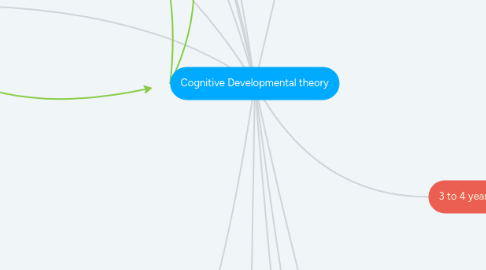
1. ability to pair each object counted with a number word
2. last number in a set of object represent the total number of objects
3. conservation
3.1. preservation of physical quantity during transformation & a reaction
4. rota counting
4.1. counting by memory without understanding the meaning of number
5. object enumeration
5.1. count object using the proper sequence
6. cardinality principle
7. one to one correspondance-
8. 7 to 8 years old
8.1. personal & social developmental alert
8.1.1. shows more independence
8.1.2. likes to sing and dance
8.1.3. aware of sexuality
8.2. educator guidelines of computer and video games
8.2.1. the SPICE concept
8.2.2. how to play
8.2.3. time limits
9. 9 to 12 years old
9.1. swearing
9.1.1. way of speaking to express the feeling of anger and frustation
9.2. ouch
9.2.1. an expression of ones physical pain
9.3. gross motor developmental
9.3.1. swimming
9.3.2. gymnastic , skitting
9.3.3. jumping , running , twisting
9.3.4. throwing, catching and bending
9.4. fine motor skills
9.4.1. tripod grasp established
9.4.2. control on writing, painting
9.4.3. manipulation of play dough
9.5. cognitive development
9.5.1. abstract thinking
9.5.1.1. understand complex concept such as death, illness, adoption
9.5.2. independent thinking
9.5.3. conversation
9.5.3.1. uses langauage to express feelings
9.5.3.2. may immitate slang or swearing
9.5.4. reading comphrension in terms of grammer
10. make friends
11. healthy challenge
12. 3 to 4 years old
12.1. Sleep pattern
12.1.1. 10 hours per night
12.1.2. no afternoon nap
12.1.3. get ready for bed
12.2. eating patterns
12.2.1. prepares own breakfast
12.2.2. self cleanup
12.2.3. self serving
12.3. communication
12.3.1. reads familiar words
12.3.2. can copy words
12.3.3. use short sentences
12.4. gross motor skills
12.4.1. tripod grasp refined
12.4.2. enhanced eye hand cordnation
12.4.3. reproduces own name
12.5. cognitive skills
12.5.1. rote counting upto 100
12.5.2. object arrangements by size
12.5.3. conservation skills
12.6. personal & social development
12.6.1. emotional control
12.6.2. can use humor
12.6.3. fewer mood swings
12.7. toileting skills
12.7.1. can go toilet alone
12.7.2. able to use toilet
12.8. toileting routine
12.8.1. remind the child to flush
12.8.2. teach the child to wash hands
12.8.3. teach child to wipe the seat
12.9. flash card
12.9.1. make learning more meaningful
12.9.2. encourage to memorize words
12.10. ball skills
12.10.1. throws ball overhand
12.10.2. better control on kicking the ball
12.11. gross motor skills
12.11.1. balancing
12.11.2. running
13. 5 years old
13.1. obstacle course
13.1.1. series of challenging physical obstacle a team must navigate through
13.2. benefit
13.2.1. a lot of exercise and fun
13.3. cognitive
13.3.1. able to write 1 to 100 with few mistakes
13.3.2. able to recognise things
13.3.3. the child may or may not learn to help themselves
13.4. nightmare
13.4.1. stay calm
13.4.2. think about themselves
13.4.3. stay with the child
13.5. communication skills
13.5.1. can state full name and address
